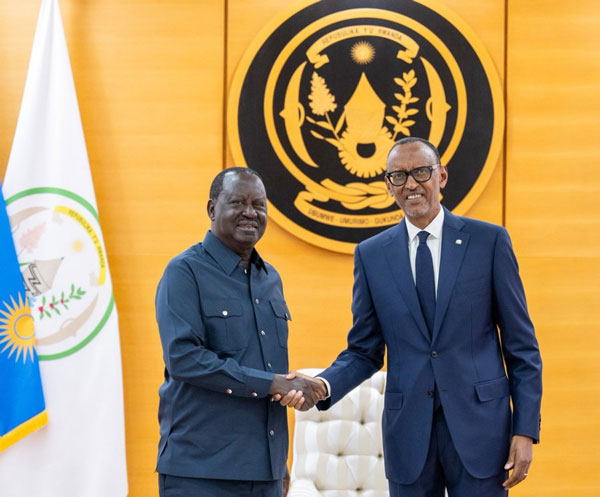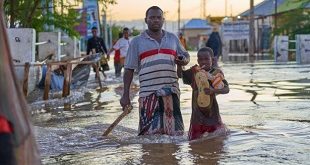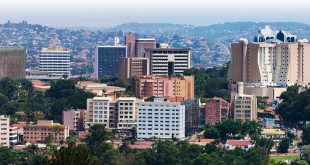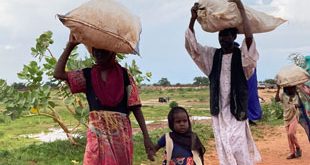
ADDIS ABABA | Xinhua | Members of the executive council of the African Union Commission (AUC) have discussed election modalities to choose the body’s new senior leadership.
The discussion took place on Friday at the African Union (AU) headquarters in Addis Ababa, the capital of Ethiopia, during the 22nd extraordinary session of the executive council. Senior officials, including Moussa Faki Mahamat, the chairperson of the AU Commission, were present.
Speaking on the occasion, chairperson of the executive council of the AUC Mohamed Salem Ould Merzoug underscored the need to strengthen the AU institutions to help the commission fully discharge its responsibilities and accelerate Africa’s integration.
“The process of selecting leadership of the AUC in 2025 should be defined by prioritizing considerations of cohesion, equity, rationality, and a spirit of consensus,” said Merzoug, also Mauritania’s minister for foreign affairs.
The 2025-2028 election of senior leadership for the AUC will take place in February next year. New AUC leaders are expected to succeed the incumbent chairperson, deputy chairperson and commissioners.
“Our vision for the future of our continent is intricately linked to our fervent belief in the African Union, a union that cannot exist without us, by us, and for us,” said the chairperson, noting that a strong AU cannot be materialized without the deep commitment of its member states.
The AU’s senior leadership is elected to serve a four-year term, with the option for re-election for another four-year term. The senior elective posts include the position of the African Union Commission chairperson, the deputy chairperson and six commissioners.
According to a statement released late Friday by the AU, the executive council also discussed the modalities of regional rotation and gender parity to ensure all five regions of the AU have a fair chance of having leadership roles at the continental organization. ■
 The Independent Uganda: You get the Truth we Pay the Price
The Independent Uganda: You get the Truth we Pay the Price


